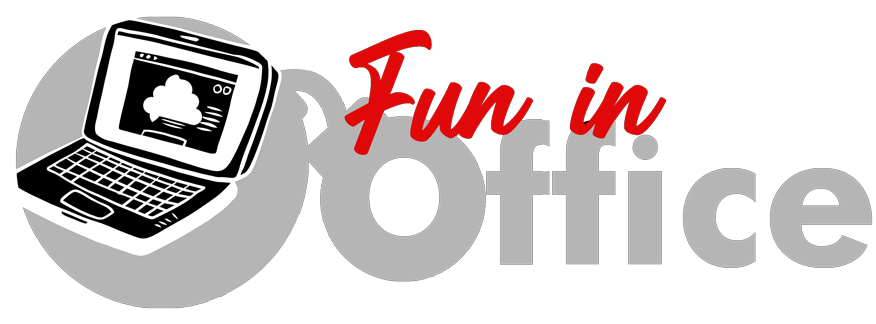As the world becomes more digitalized, remote work has become increasingly popular. According to a report by FlexJobs and Global Workplace Analytics, remote work has increased by 159% between 2005 and 2017. The rise of remote work is changing the way we think about work and has several benefits and drawbacks.
Pros of Remote Work:
- Flexibility: Remote work allows employees to work from anywhere in the world. This means that employees can work from the comfort of their homes, while traveling or even while on vacation. The flexibility of remote work allows for better work-life balance, which can lead to a happier, more productive workforce.
- Cost-effective: Remote work can be a cost-effective option for employers as it eliminates the need for a physical office space. Employers can save on rent, utilities, and other office expenses.
- Increased productivity: Research shows that remote workers are often more productive than those working in an office setting. This is because remote workers have fewer distractions and can better manage their time.
- Access to a wider talent pool: Remote work allows employers to hire talent from all over the world, rather than just within their immediate vicinity. This means that companies can hire the best talent, regardless of their location.
Cons of Remote Work:
- Lack of face-to-face interaction: Remote work can be isolating, as it lacks the in-person interactions that come with working in an office setting. This can lead to feelings of loneliness and disconnection.
- Difficulty with collaboration: Collaborating with coworkers can be more challenging in a remote work setting. This is because communication is often done through email, chat or video conferencing, which can lead to misunderstandings and miscommunications.
- Technology issues: Technical issues, such as internet outages or software problems, can disrupt work and cause delays.
- Difficulty with work-life balance: While remote work can provide greater flexibility, it can also make it difficult to separate work from personal life. This can lead to burnout and stress.
In conclusion, remote work has several benefits and drawbacks. While it can offer greater flexibility and cost savings, it can also lead to isolation, communication challenges and technical issues. As remote work continues to grow in popularity, it’s important for both employers and employees to consider both the pros and cons before deciding if remote work is right for them.
Last modified: May 3, 2023






















